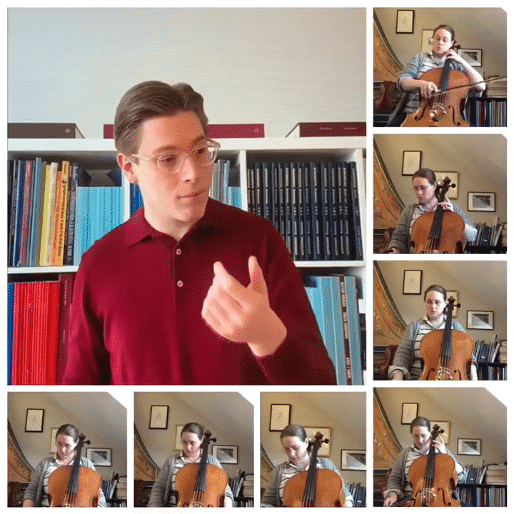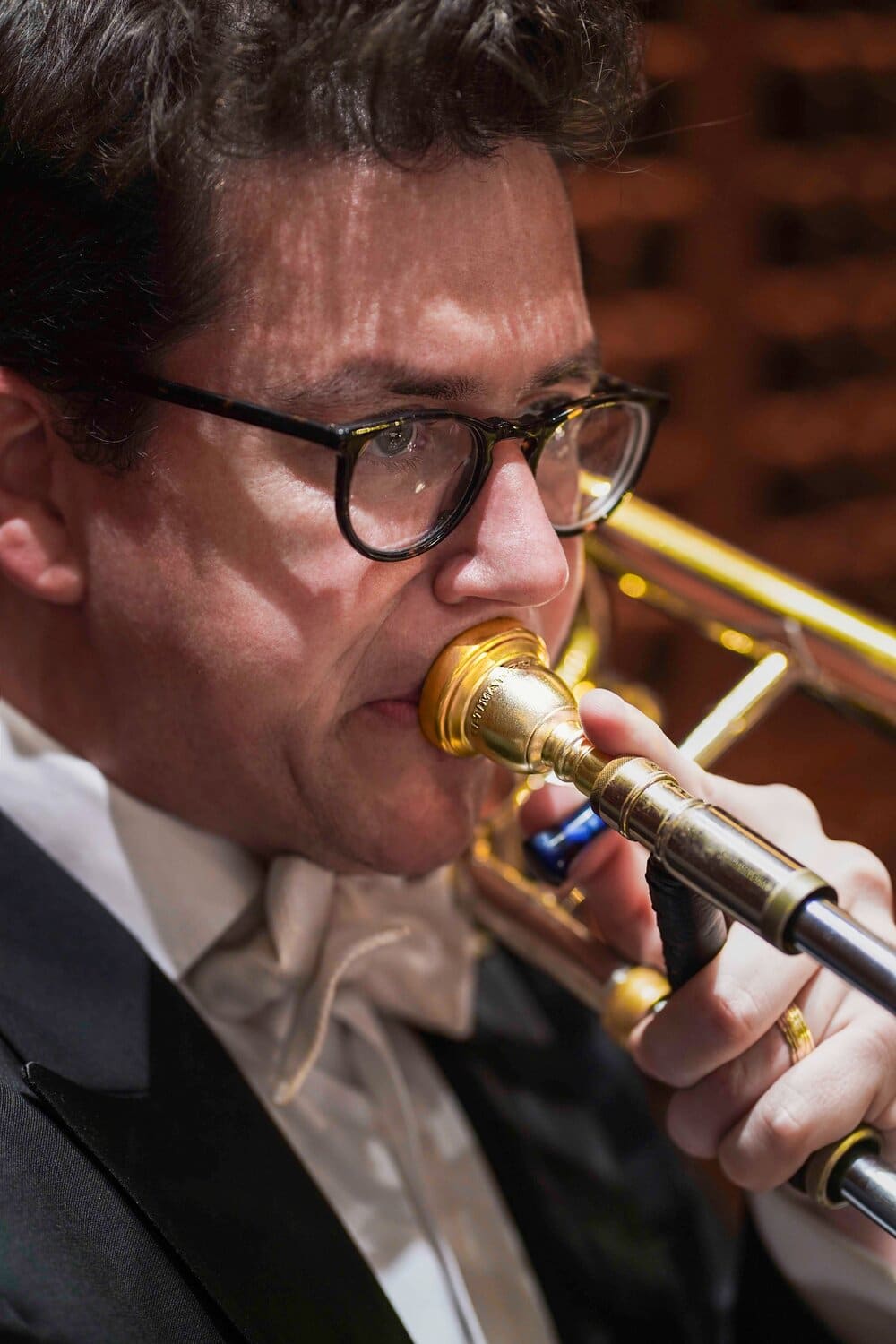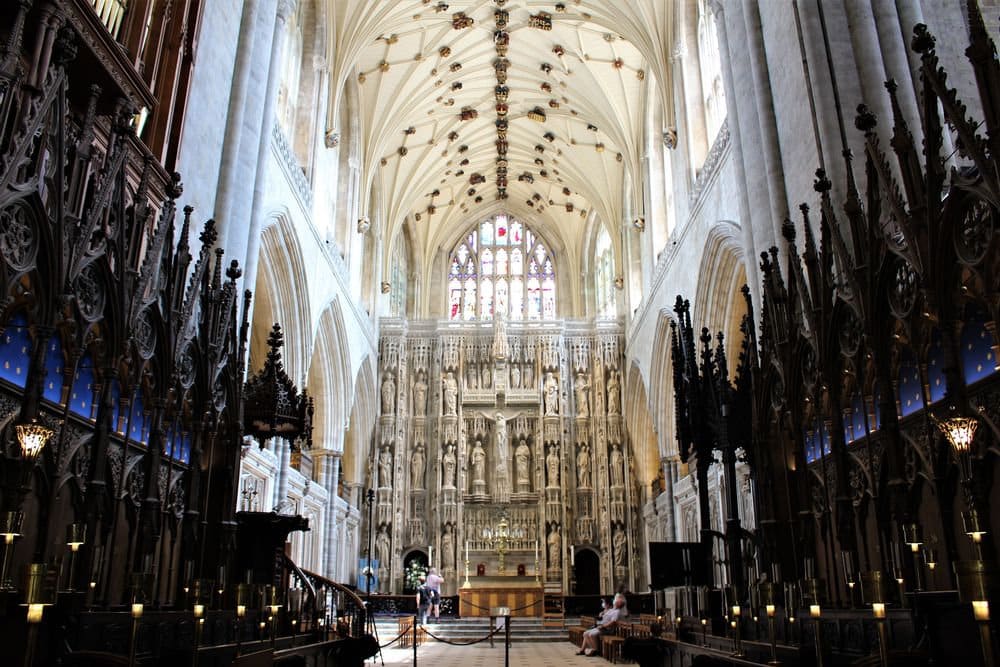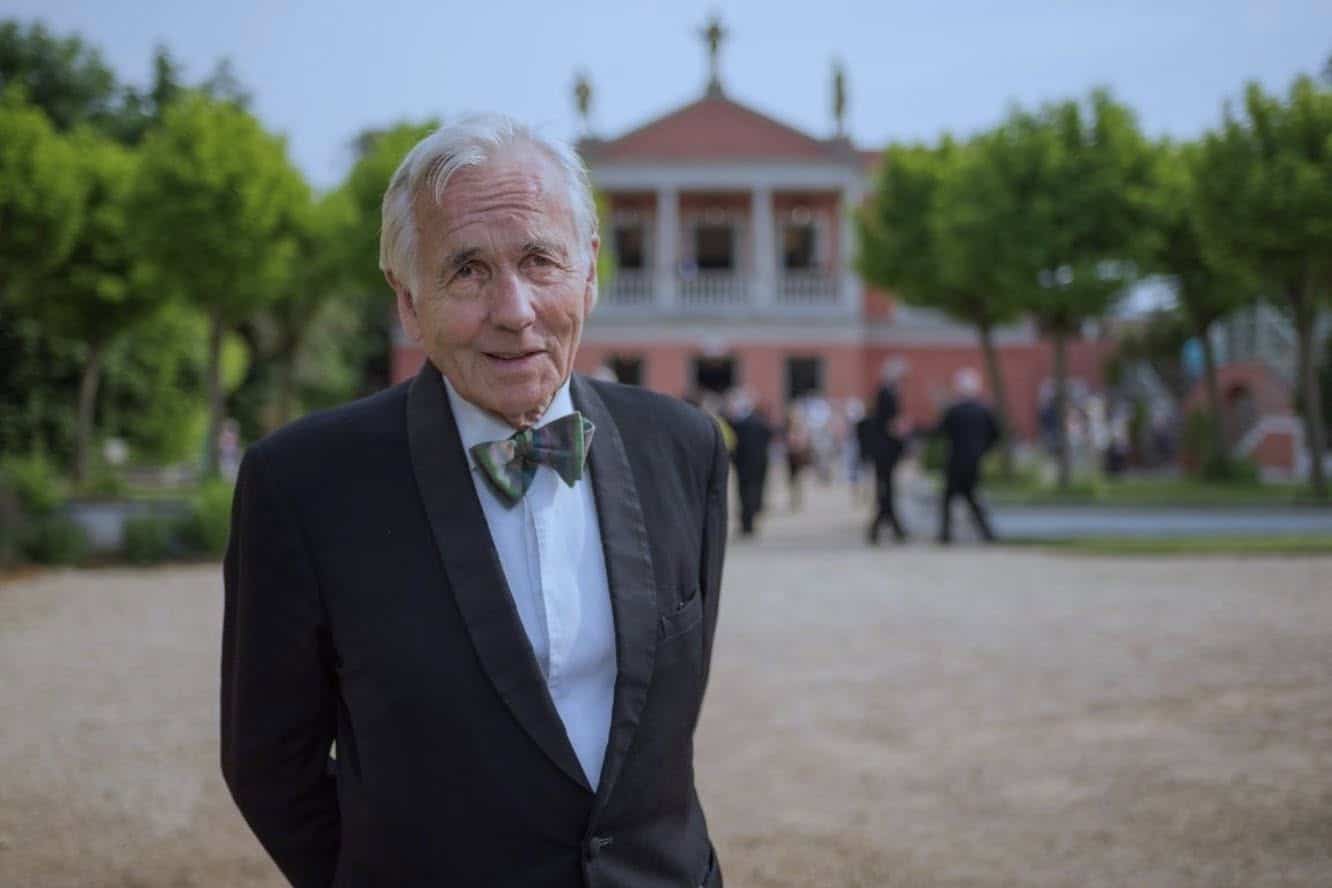Some questions for the Chicago decision-makers
OrchestrasEmily E Hogstad has written a fine post on the evolution of conductor-musicians-board relations over the past decade, a piece of essential perspective if you are looking to make sense of the Chicago Symphony’s agreement to share its incoming chief with three other orchestras.
Emily concludes with some looming questions:
What might happen during an organizational crisis if the music director is young? What if he’s an ambitious man in his thirties, who, for the sake of his future American career, doesn’t want to alienate the types of people who populate boards? What if he happens to be out of town when important conversations are had, and he doesn’t get sent a Zoom link, or the board chair can’t offer him cream? What if he has not yet fully absorbed the subtleties of the hundreds of pre-existing relationships between musicians, management, and board, and what if knowledge of those relationships becomes necessary for his artistic survival? What happens if he doesn’t – or isn’t allowed to – ground his directorship in some kind of purpose beyond aesthetics and bold chiaroscuro lighting?
How should any music director be expected to react in a time of crisis? And most importantly of all, who will he choose to be an asset to?
I ask those questions like I know the answers, but I don’t. At the end of the day, here’s my concern: I don’t want audiences to lose an ally, if a day should come when they need one. I want this art form to endure, and to make people’s lives better. That’s literally all I want.
*
Remember: an American music director is only a conductor in his spare time.
First, he is a fundraiser, a psychologist, a detective, a scholar, a gladiator, a mediator, an inspiration, a party guest, a punching bag, a schmoozer, a showman, and a symbol. Oftentimes, what he does on the podium is of secondary (or, depending on the day, tertiary) importance.
He is someone whose photograph should get people to click on his face — who also has the savvy to never get shivved by the Shakespearean cast of characters who will inevitably gather around him.
In the end, the ascension of Klaus Mäkelä, and the cultural ecosystem that made it possible, is not about a single talented wunderkind storming the bastions of Michigan Avenue. Rather, it’s a chance to think about what we ought to expect from the field’s most exalted leaders in the most exalted jobs, what we don’t, and what we should.
Read the full essay here.
And think on.






Comments